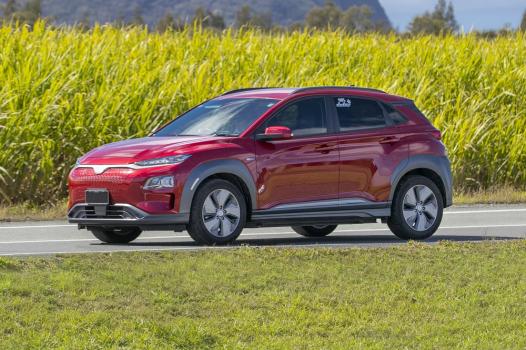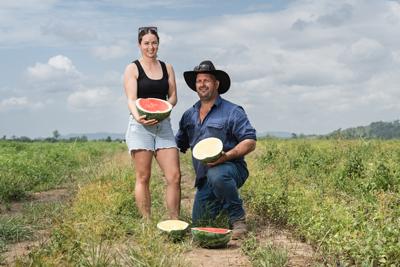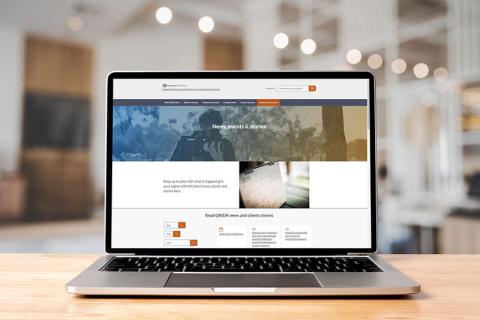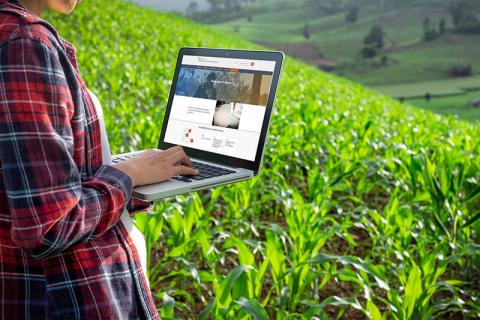Queensland Zero Emission Vehicle Rebate Scheme
The Queensland Zero Emission Vehicle Rebate Scheme provided eligible Queenslanders with rebates of up to $6,000 for eligible new Zero Emission Vehicles purchased from 16 March 2022. The scheme closed to new applications from 11:59pm on Monday 2 September 2024.

Program information
Under Queensland's Zero Emission Vehicle Strategy 2022-2032, the Queensland Government committed $45 million to the rebate scheme which was offered until funding was exhausted. This rebate was intended to make the purchase of an entry level Zero Emission Vehicle (ZEV) more affordable for more households and businesses.
The scheme encouraged individuals and businesses across Queensland to purchase a new ZEV instead of an internal combustion engine vehicle.
The ZEV Rebate Scheme was limited to:
- one rebate per individual
- up to five rebates per Queensland business per financial year.
*A ZEV refers to a full battery electric vehicle (BEV) only.
QRIDA administered the Queensland Zero Emission Vehicle Rebate Scheme on behalf of the Department of Transport and Main Roads.


